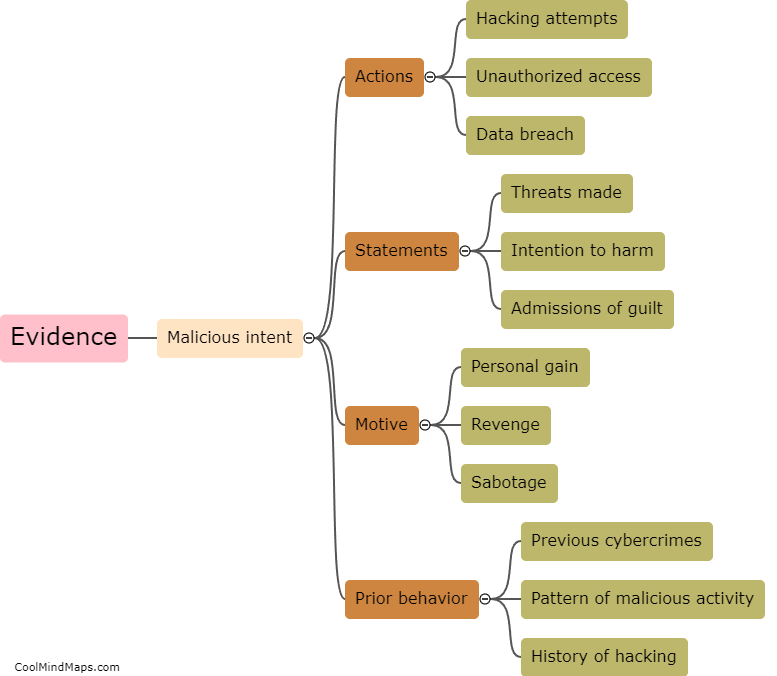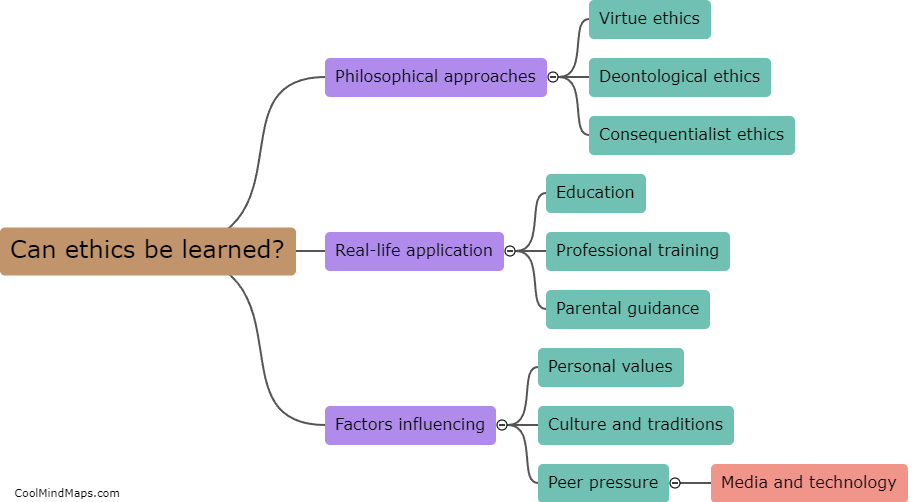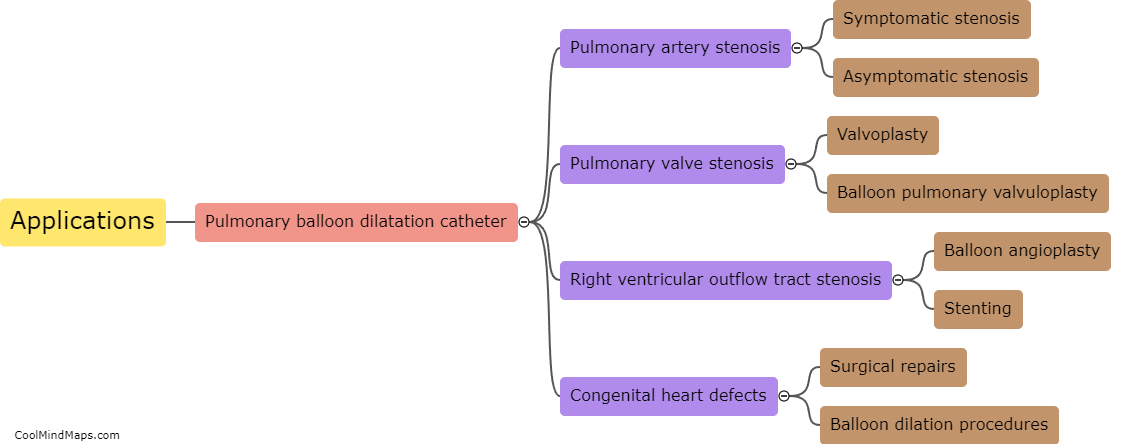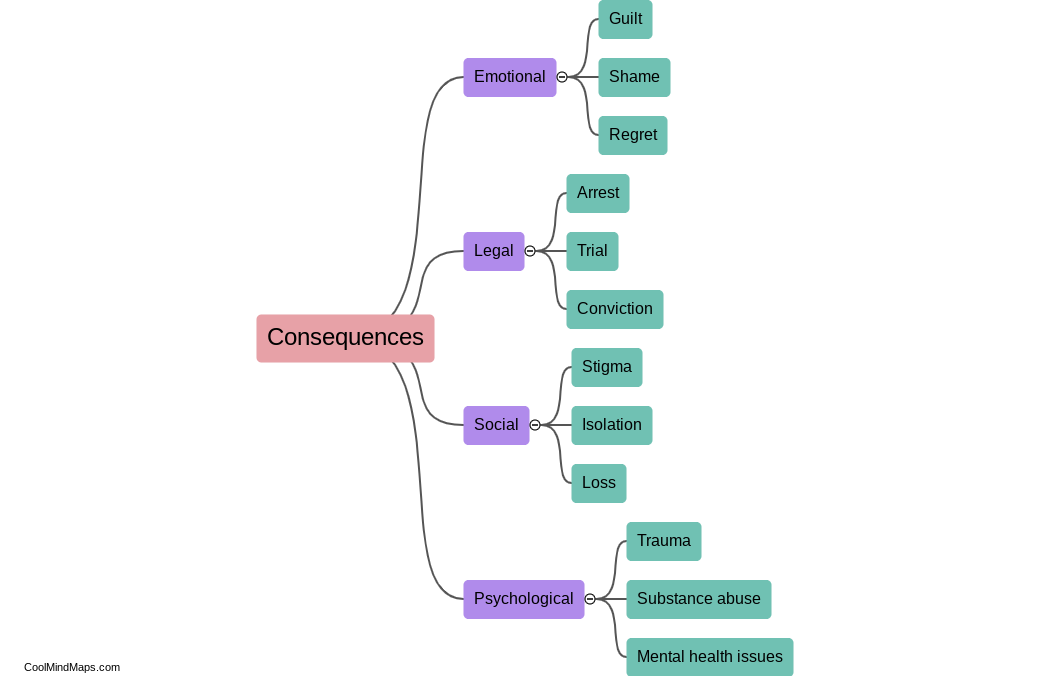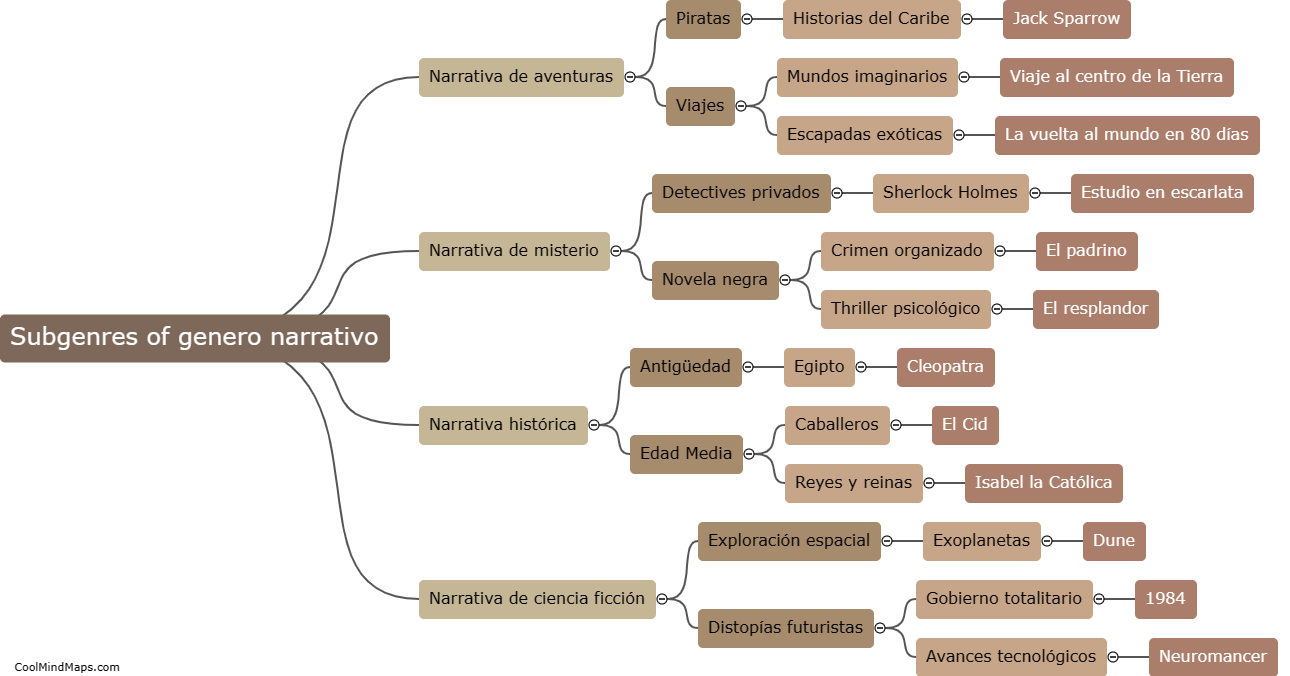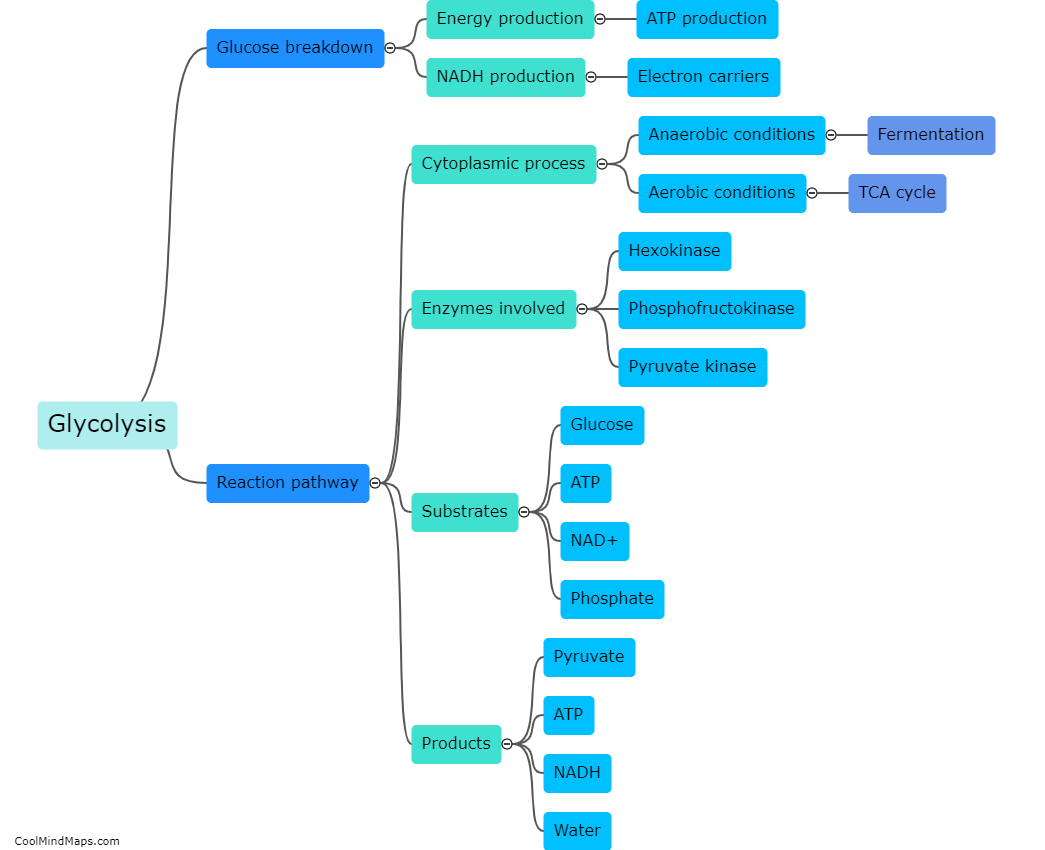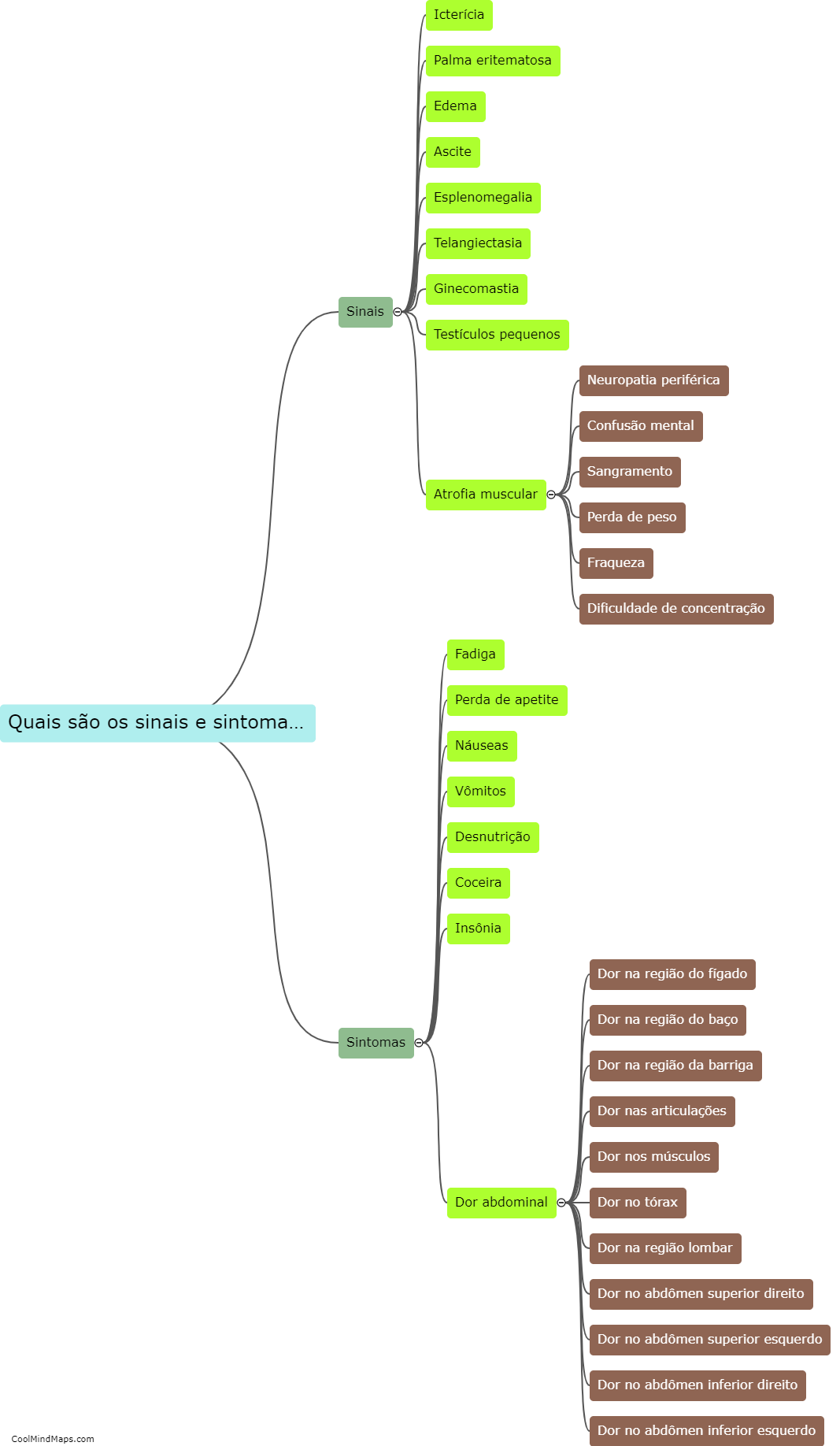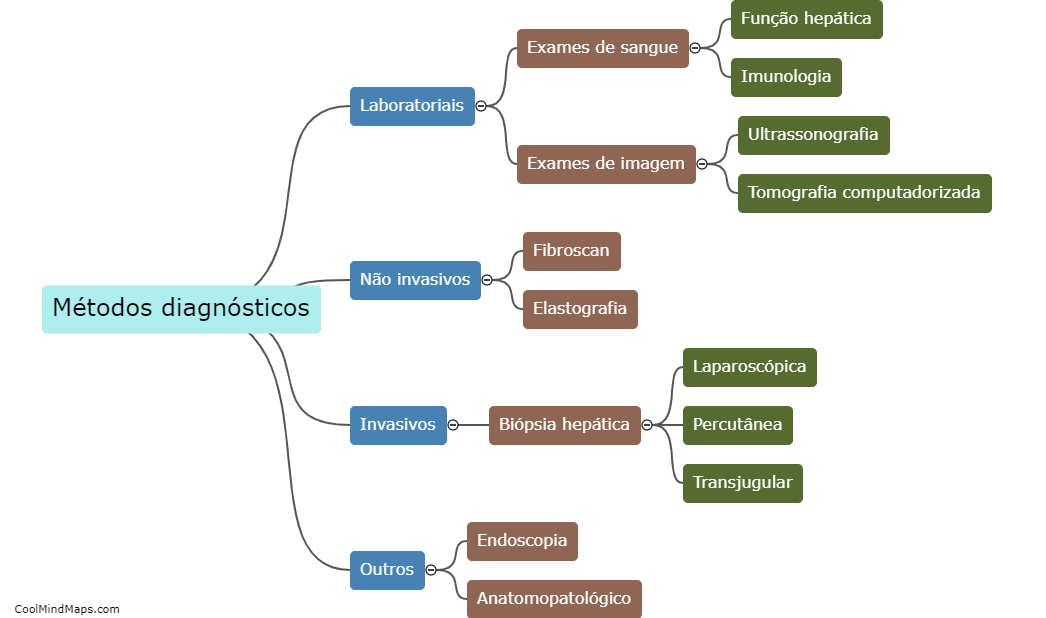What is the pathophysiology of pancreatitis?
Pancreatitis is a condition characterized by the inflammation of the pancreas. The pathophysiology of pancreatitis involves a complex cascade of events. It begins with an initial insult to the pancreas, which can be caused by factors such as gallstones, alcohol abuse, or certain medications. This insult leads to the activation of various enzymes within the pancreas, particularly digestive enzymes such as trypsin and lipase. Normally, these enzymes are released in an inactive form and become activated in the small intestine to aid in digestion. However, in pancreatitis, they become prematurely activated within the pancreatic tissue. This triggers a self-destructive process called autodigestion, where the enzymes start attacking and breaking down pancreatic cells and surrounding tissues. This leads to inflammation, edema, and damage to blood vessels. Additionally, the release of inflammatory mediators and cytokines further perpetuate the inflammatory response, causing tissue necrosis and potentially leading to complications such as abscess formation or pancreatic pseudocysts.
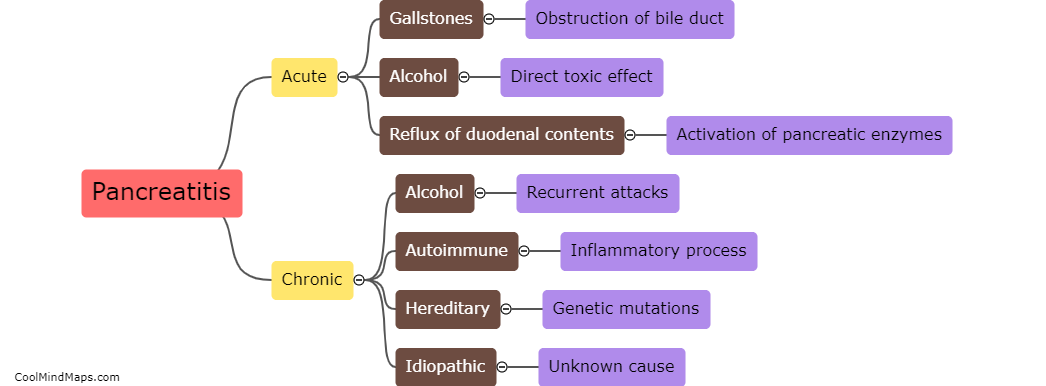
This mind map was published on 31 October 2023 and has been viewed 123 times.
